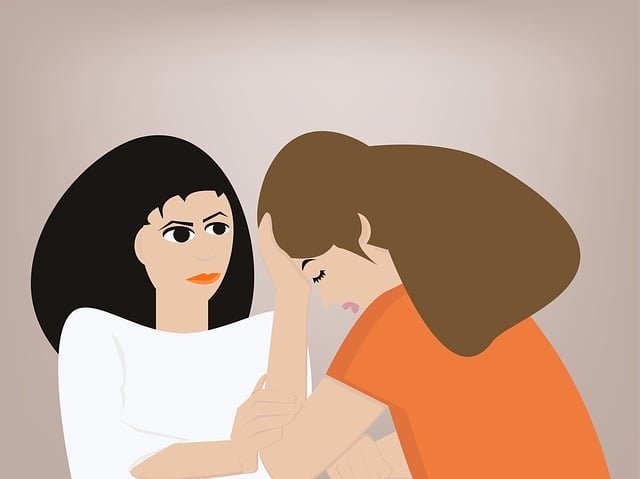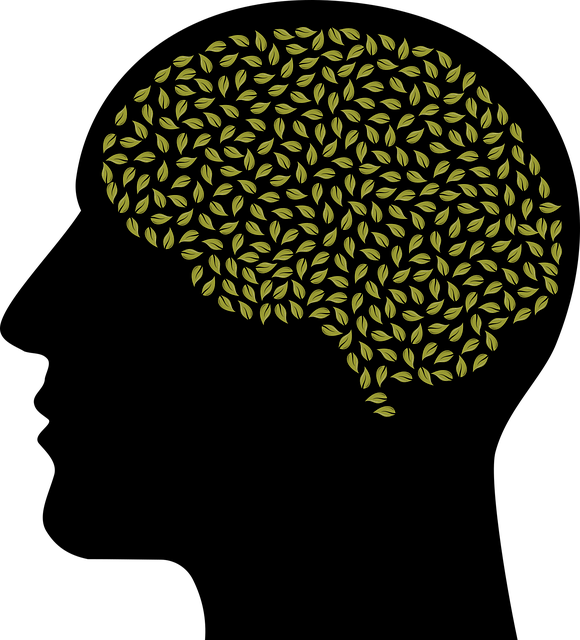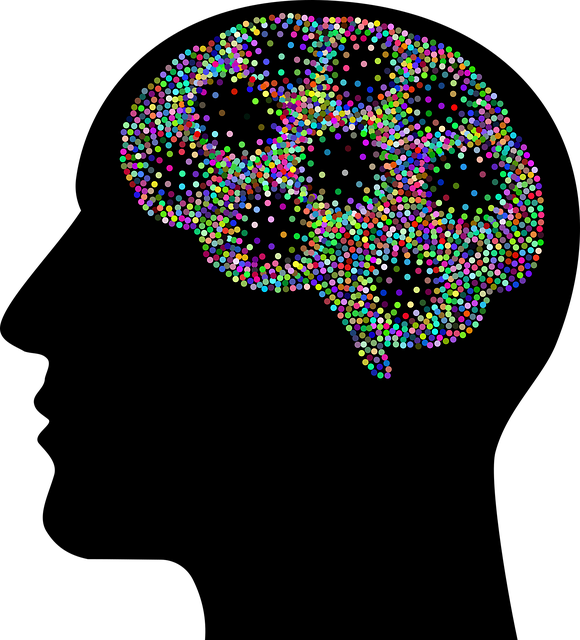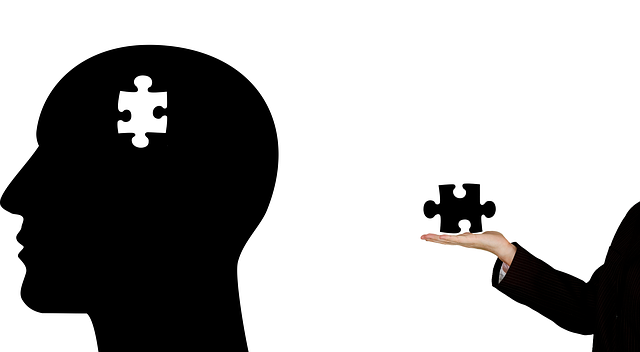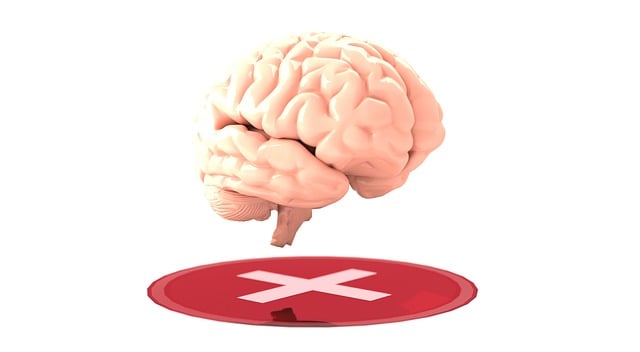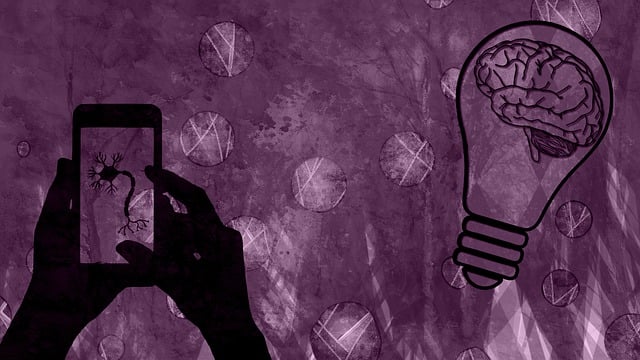Diagnosing mental health conditions accurately is challenging due to diverse illnesses and overlapping symptoms. Boulder Learning Disability Therapy centers combat this through comprehensive assessments integrating various therapeutic methods, emphasizing open dialogue and personal stories. This approach reduces misdiagnoses and contributes to improved mental health initiatives like education programs and community outreach. Innovative techniques such as advanced assessment tools, continuous monitoring, and personalized interventions enhance accuracy, particularly in identifying learning disabilities. Boulder Learning Disability Therapy is revolutionizing care by addressing the intersection of learning disabilities and mental illness, improving diagnosis accuracy through evidence-based practices, tailored support, and journaling exercises.
Mental illness diagnosis accuracy is a critical aspect of patient care. This article explores efforts to improve diagnostic accuracy, focusing on challenges like misdiagnoses and their significant impact. We delve into enhanced diagnosis techniques in clinical practice, highlighting innovative approaches that revolutionize mental health assessment. Furthermore, we introduce Boulder Learning Disability Therapy as a game-changer, examining its role in specialized therapy and its potential to transform mental illness diagnosis and treatment.
- Understanding the Challenges: Uncovering Misdiagnoses and Their Impact
- Enhancing Diagnosis Techniques: Innovative Approaches in Clinical Practice
- The Role of Specialized Therapies: Boulder Learning Disability Therapy as a Game Changer
Understanding the Challenges: Uncovering Misdiagnoses and Their Impact

Diagnosing mental health conditions accurately is a complex process, and misdiagnoses can have profound consequences for individuals seeking support. Many factors contribute to these challenges, especially when considering the diverse nature of mental illnesses themselves. For instance, symptoms may overlap between various disorders, making it difficult for even seasoned professionals to differentiate between them. This complexity is further exacerbated by the fact that individuals often present with unique and nuanced experiences, which can be hard to categorize within traditional diagnostic frameworks.
In Boulder, Colorado, local learning disability therapy centers have been at the forefront of addressing these issues. They emphasize the importance of comprehensive assessments, incorporating various therapeutic approaches and tools to gain a deeper understanding of each client’s experience. By fostering open dialogue and encouraging clients to share their stories, therapists can uncover hidden complexities and reduce the likelihood of misdiagnosis. This approach not only benefits individuals with learning disabilities but also contributes to broader efforts in mental health, such as designing more effective mental health education programs and implementing community outreach program implementations that promote emotional healing processes.
Enhancing Diagnosis Techniques: Innovative Approaches in Clinical Practice

In recent years, the field of mental health diagnosis has seen a surge in innovative techniques aimed at enhancing accuracy and improving patient outcomes. One notable approach is the integration of advanced assessment tools, such as digital platforms and AI-driven analytics, which can provide more comprehensive and nuanced insights into an individual’s mental state. These technologies offer continuous monitoring and personalized interventions, particularly beneficial for conditions like learning disabilities, where early detection through Boulder Learning Disability Therapy has proven to be a game-changer.
Additionally, the development of Mental Wellness Coaching Programs and engaging Mental Wellness Podcast Series Production has contributed significantly to reducing the stigma associated with mental illness. Through these platforms, individuals can access valuable resources, connect with peers, and gain coping strategies tailored to their unique experiences. Such initiatives foster open conversations about mental health, encouraging people to seek help without fear of judgment, ultimately leading to more accurate diagnoses and effective treatment plans.
The Role of Specialized Therapies: Boulder Learning Disability Therapy as a Game Changer

Boulder Learning Disability Therapy is emerging as a game-changer in mental illness diagnosis accuracy. This specialized therapy focuses on identifying and addressing learning disabilities, often co-occurring with mental health conditions. By providing tailored support for individuals struggling with emotional regulation, this approach enhances mental health awareness and promotes overall mental wellness. The therapy offers unique insights into the complex interplay between learning difficulties and mental health, enabling more precise diagnoses.
Incorporating evidence-based practices, Boulder Learning Disability Therapy guides individuals through effective journaling exercises that track their mental wellness journey. This self-reflective practice not only aids in understanding one’s emotional responses but also serves as a powerful tool for tracking progress over time. By fostering better emotional regulation and mental wellness journal guidance, this therapy contributes significantly to improving the accuracy of mental illness diagnoses.
Mental illness diagnosis accuracy is a multifaceted challenge that requires innovative solutions. By understanding the profound impact of misdiagnoses and adopting enhanced techniques, such as those offered by Boulder Learning Disability Therapy, we can significantly improve patient outcomes. This integrated approach not only ensures more precise diagnoses but also paves the way for personalized, effective treatment plans. Continued efforts in this direction are crucial to fostering a healthier, more supportive mental health landscape.
